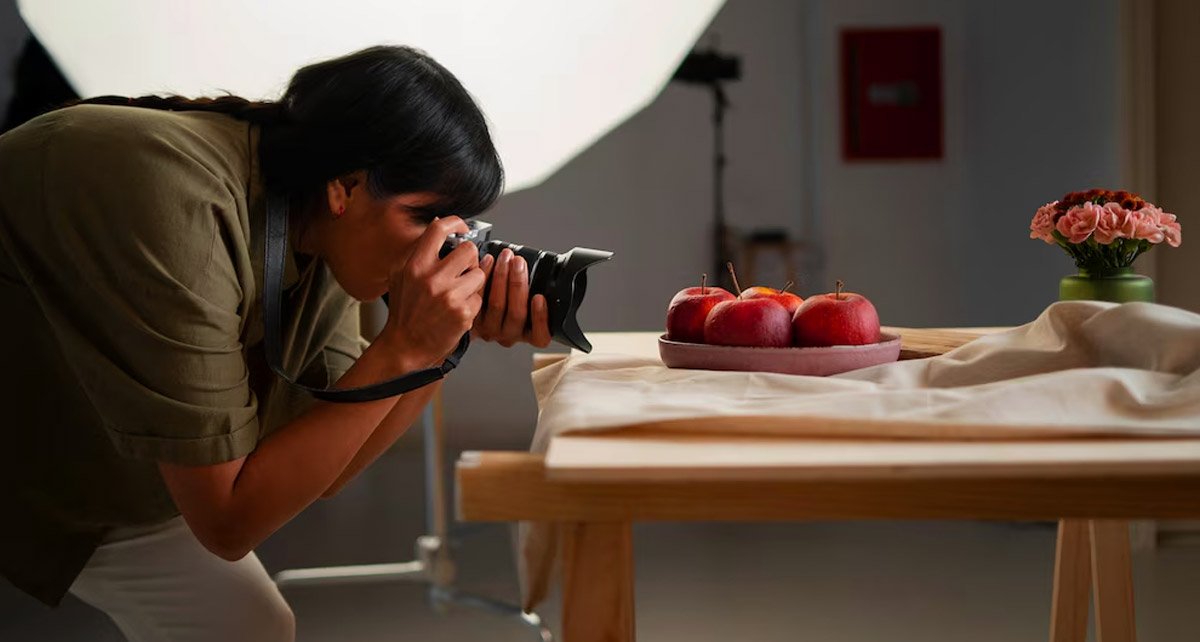Being a photographer involves capturing moments, telling stories, and evoking emotions. Whether just starting or looking to refine your skills, earning a certificate can be the key to unlocking your creative potential. This formal training offers more than just technical know-how—it’s an investment in your passion that can set the stage for a fulfilling career in visual arts.
This article will explore the essential skills acquired through a comprehensive photography course. From mastering the technical aspects to honing your creative eye, we’ll dive into what makes this type of education invaluable. By the end, you’ll understand how such a program can elevate your craft and prepare you for success. So, let’s dive in and learn more!
Mastering Technical Skills
A deep understanding of its technical aspects is at the core of any visual art form. A certificate program equips students with the knowledge to handle camera settings like a pro. From mastering shutter speed, aperture, and ISO to understanding the nuances of exposure, you’ll learn how to take control of one’s equipment to produce the desired results. Imagine being able to adjust the settings instinctively, capturing the perfect shot regardless of lighting conditions or subject matter. This technical mastery ensures that every image you capture is intentional and well-executed.
Honing Your Creative Eye
Photography is not just about technical expertise; it’s also an art form that requires creativity and a unique perspective. A certificate course encourages students to develop their visual style. Through assignments and critiques, you’ll learn about composition, framing, and how to see the world differently through the lens. Have you ever wondered how some professionals make even the most mundane scenes look extraordinary? The answer lies in their ability to observe and interpret their surroundings creatively—a skill that can be cultivated through structured learning and practice. This creative vision becomes the hallmark of your identity as an artist.
Post-Production Techniques
Post-production has become an integral part of the image-making process. A good course doesn’t just teach you how to take photos; it also teaches you how to refine them. Students learn essential image editing skills using software like Adobe Photoshop and Lightroom, enhancing their images to bring out the best in every shot.
Have you ever taken a photo that didn’t quite capture the moment as you remembered it? Post-production skills can transform an ordinary image into something remarkable, allowing you to correct imperfections and enhance your creative vision. These skills enable you to deliver polished, professional-quality work consistently.
Building a Professional Portfolio
A certificate program isn’t just about learning new skills—it’s also about creating a body of work that represents your abilities. Students work on various projects throughout the course, contributing to their professional portfolios. This collection of images isn’t just a random assortment; it’s a powerful tool that showcases range, style, and technical proficiency to potential clients or employers. Whether you’re looking to enter the competitive world of visual arts or pursue a passion project, a well-curated portfolio is essential. It’s a visual resume that speaks volumes about your capabilities and vision.
Understanding the Business Side
Success in this field isn’t only about creativity; it’s also about understanding how to navigate the business world. A comprehensive certificate course often includes modules on essential business aspects like marketing, branding, and client management. These lessons are crucial for anyone looking to turn their passion into a career.
What’s the use of exceptional visual skills if you don’t know how to market yourself? Understanding the business side ensures that students are prepared to create stunning work and equipped to run a successful enterprise. These insights can make the difference between a hobby and a thriving career.
Networking and Professional Development
One of the often-overlooked benefits of a certificate program is its networking opportunities. Engaging with peers, instructors, and industry professionals can open doors to collaborations, mentorships, and job opportunities. The visual arts industry is as much about who you know as it is about what you know.
By networking within the industry, students can stay updated on current trends, gain valuable insights, and receive feedback that fosters their growth as artists. These relationships can provide ongoing support and inspiration long after the course ends.
A certificate provides more than just a credential—it opens the door to acquiring vital skills that will benefit you throughout your visual arts journey. The benefits are extensive, from mastering technical aspects to understanding post-production. Moreover, the connections and professional development gained during the photography course can be invaluable as you advance in your career. So, if you’re serious about taking your work to the next level, consider the vast potential a certificate can unlock. What are you waiting for? It’s time to step beyond the lens and embrace the full spectrum of possibilities that professional training can offer. This journey can redefine your skills and your entire approach to the craft.

 Health2 years ago
Health2 years ago
 News5 months ago
News5 months ago
 Technology2 years ago
Technology2 years ago
 Celebrity2 years ago
Celebrity2 years ago

















